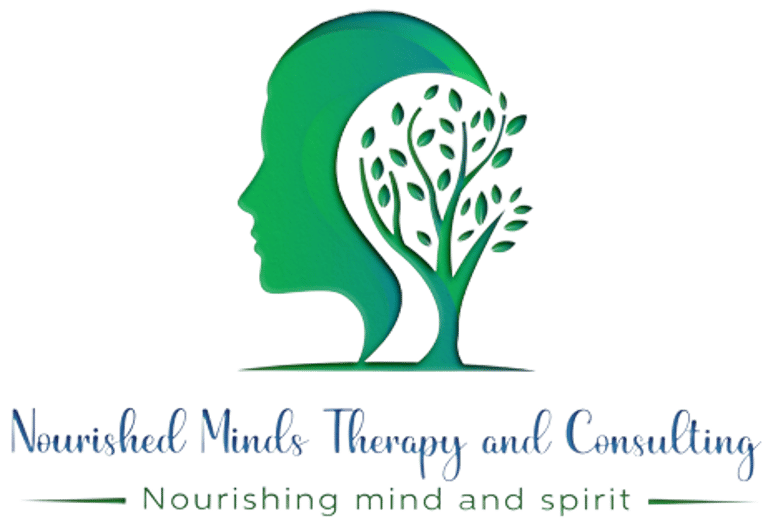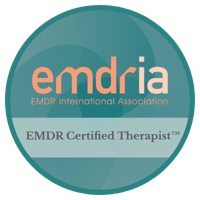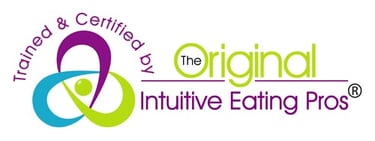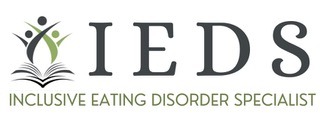Now scheduling EMDR Intensives!
Attention-Deficit Hyperactivity Disorder
Attention-Deficit/Hyperactivity Disorder (ADHD) is a neurodevelopmental disorder that affects both children and adults. It is characterized by a persistent pattern of inattention, hyperactivity, and impulsivity that interferes with functioning or development.
Signs and Symptoms of ADHD
ADHD is generally categorized into three types: Predominantly Inattentive Presentation, Predominantly Hyperactive-Impulsive Presentation, and Combined Presentation. The signs and symptoms can vary depending on the type and the individual's age. Symptoms generally include inattention, hyperactivity, impulsivity, and emotional dysregulation, all of which can manifest in a variety of ways and lead to challenges ranging from moderate to severe.
Attention-Deficit/Hyperactivity Disorder (ADHD) is often viewed through a lens that primarily focuses on children, but it is crucial to recognize that ADHD can continue into adulthood. In fact, many adults who were never diagnosed with ADHD in childhood struggle with symptoms that affect their daily lives, relationships, and careers. Understanding ADHD in adults is essential to providing the support needed for managing the symptoms and improving overall well-being.
Signs and Symptoms of ADHD in Adults
ADHD in adults often manifests differently than in children. While hyperactivity may decrease, other symptoms, such as distractibility and impulsivity, can persist. Some common signs and symptoms of adult ADHD include:
Difficulty concentrating: Adults with ADHD often find it challenging to stay focused on tasks, especially those that are repetitive or not engaging.
Disorganization: Managing time, organizing tasks, and keeping track of responsibilities can be overwhelming. This can lead to missed deadlines, misplaced items, or chaotic environments.
Impulsivity: Adults may make decisions without considering the consequences, such as spending money impulsively or interrupting conversations.
Restlessness and fidgeting: While hyperactivity tends to decrease, adults may still feel restless or have trouble sitting still for extended periods.
Forgetfulness: Individuals with ADHD may forget appointments, details of conversations, or important tasks, which can affect their relationships and work life.
Procrastination: Starting and finishing projects can be a struggle, often leading to last-minute rushes to meet deadlines.
However, some less-recognized symptoms can also have a significant impact on adults with ADHD. These include:
PDA (Pathological Demand Avoidance): Often overlooked, PDA involves a tendency to resist or avoid demands, even those that are essential or non-threatening. This can be seen as defiance, but it’s more rooted in overwhelming anxiety and fear of being controlled.
Rejection Sensitive Dysphoria (RSD): Many adults with ADHD experience extreme emotional sensitivity to perceived rejection or failure. This can lead to feelings of worthlessness or shame when facing criticism, even if it’s constructive. This intense emotional reaction can affect personal and professional relationships.
Emotional Swings: ADHD in adults can also involve rapid mood shifts. Emotional dysregulation is common, and individuals might feel extreme frustration or anger in response to situations that seem minor to others. Conversely, they may experience emotional lows, feeling overwhelmed or hopeless in the face of tasks they find challenging.
How Therapy Can Support Adults with ADHD
Managing ADHD as an adult requires a multifaceted approach that includes therapy, coping strategies, and support for emotional well-being. Therapy can be particularly beneficial for addressing the emotional and psychological aspects of ADHD, as well as providing tools to manage symptoms.
1. Dialectical Behavior Therapy (DBT)
DBT is an effective therapy for helping adults with ADHD manage emotional regulation issues. DBT teaches skills in mindfulness, distress tolerance, emotional regulation, and interpersonal effectiveness. These skills are particularly helpful for adults with ADHD who struggle with impulsivity, emotional swings, and relational difficulties. DBT helps clients develop greater awareness of their emotional states and provides tools to respond to challenging emotions in healthier ways.
2. Acceptance and Commitment Therapy (ACT)
ACT is a form of therapy that encourages individuals to accept difficult emotions and thoughts rather than avoid or suppress them. For adults with ADHD, ACT can help in areas such as:
Decreasing emotional avoidance: With ADHD-related emotional swings and RSD, individuals may try to avoid discomfort. ACT helps clients become more open to their feelings without judgment.
Building psychological flexibility: ADHD often makes it hard for individuals to remain committed to long-term goals. ACT teaches clients how to align their actions with their values, even in the face of challenges like distractibility and procrastination.
Mindfulness: ACT focuses on present-moment awareness, which can support adults with ADHD in managing distractibility and staying engaged in tasks.
3. Eye Movement Desensitization and Reprocessing (EMDR)
EMDR is a trauma-informed approach that helps individuals process distressing memories or experiences. For adults with ADHD, EMDR can be particularly useful in:
Processing past traumas: Many adults with ADHD have experienced negative consequences in their personal and professional lives, such as academic struggles, criticism, or relationship issues. EMDR can help process these past experiences and reduce their emotional impact.
Dealing with rejection sensitivity: Adults with ADHD often carry the emotional weight of past rejections or criticisms, which can exacerbate their feelings of inadequacy or self-doubt. EMDR can help reprocess these memories and reduce their hold on the present.
Additional Strategies for Managing ADHD:
Beyond therapy, there are other strategies that can help adults with ADHD manage their symptoms:
Medication: For some adults, medication such as stimulants or non-stimulants can help improve focus and reduce impulsivity.
Cognitive-behavioral techniques: These can assist with time management, organization, and breaking tasks into manageable steps.
Coaching and support groups: ADHD coaching can help adults learn effective strategies for managing their symptoms, while support groups provide a sense of community and validation.
If you or someone you know is experiencing symptoms of ADHD, seeking professional help can be of great support to overall wellbeing and daily functioning. Early diagnosis and intervention can make a significant difference in managing the condition, learning ways in which ADHD can be a strength, and improving quality of life. Nourished Minds Therapy offers several empirically based treatment approaches that have been proven effective in managing ADHD symptoms. Visit our Therapeutic Approaches Page or Contact Me to find out how we can tailor a plan to support your mental wellness.






